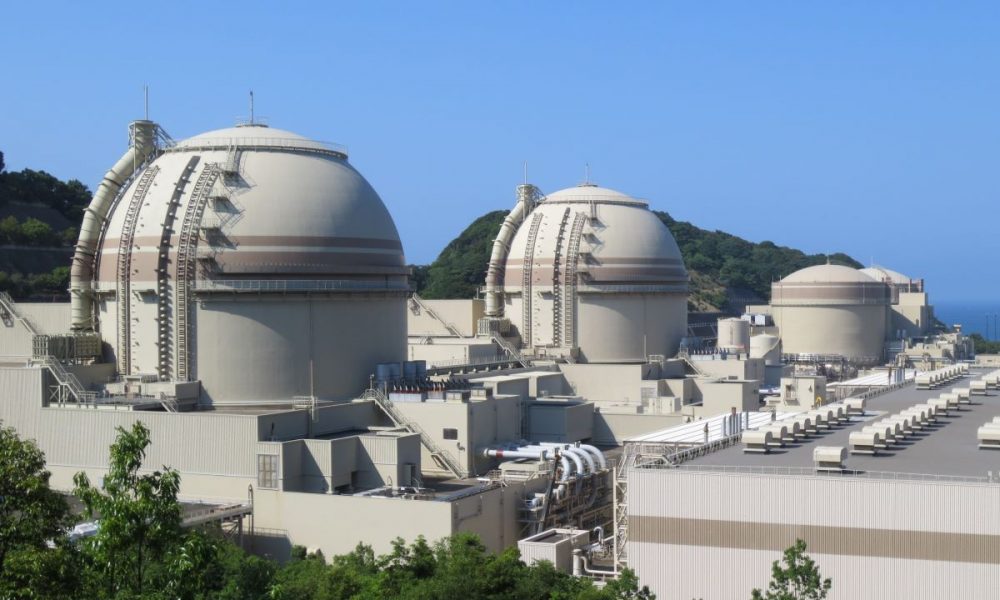
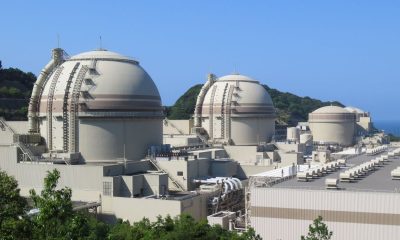

The Kansai-based electric utility is awaiting approval from the Nuclear Regulation Authority to operate Ohi plant's Units 3 and 4 for more than 60 years.
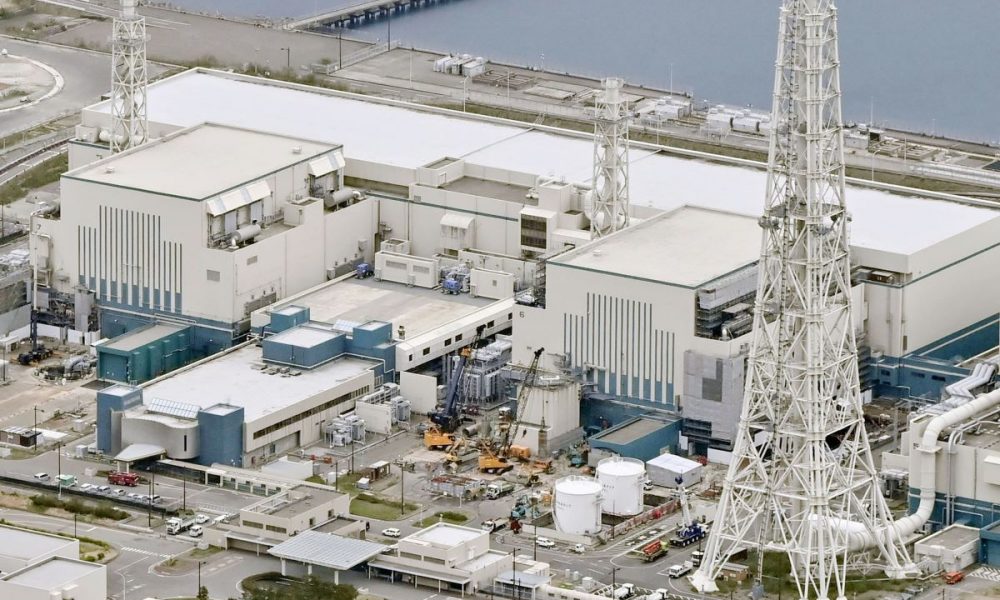
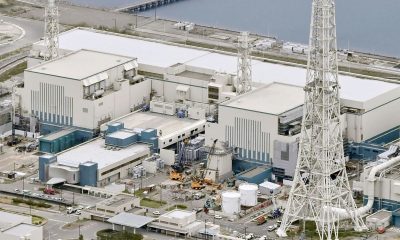

The Kashiwazaki-Kariwa Nuclear Power Station would have contributed to Japan's stable energy supply. But the NRA only lifted the ban after nearly three years.
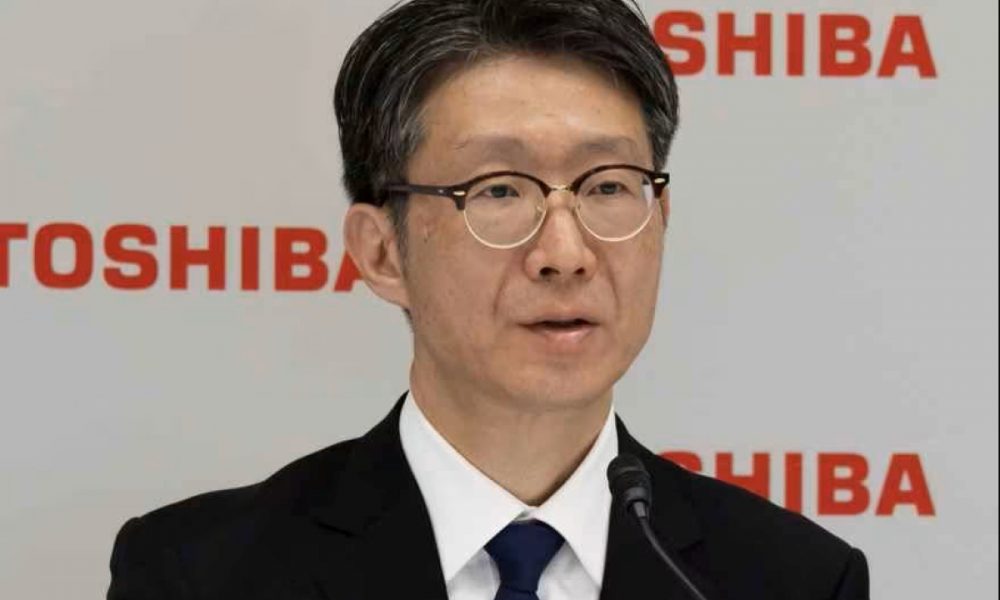
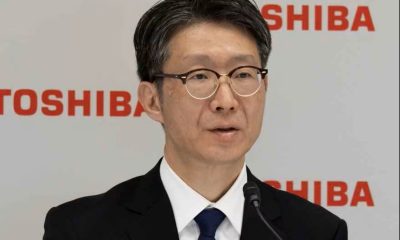

Toshiba owns power semiconductor, nuclear power, and other technologies important for national security. The new owners aim to keep those from leaking overseas.
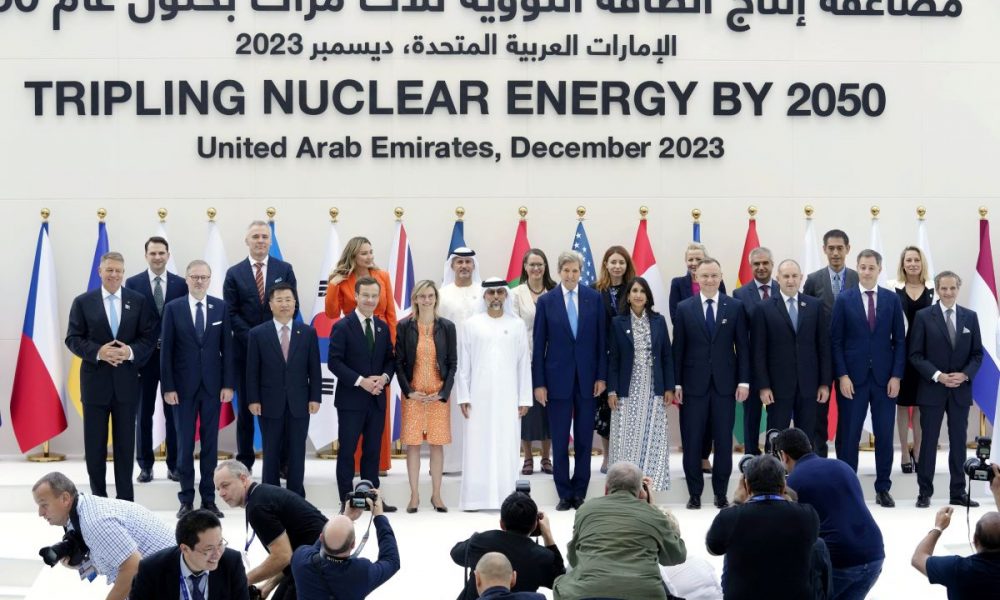


The COP28 declaration to triple renewable energy sources is an opportunity for Japan to share its advanced technology for nuclear power development overseas.



Strong steps are needed by COP28 to reduce GHG emissions. Japan's high-efficiency technology could pave the way for reductions of an order of magnitude scale.

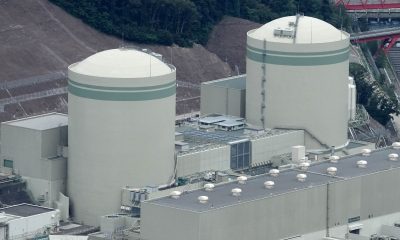

Japan must urgently address energy security by implementing its energy policy, restarting nuclear power, and ensuring a baseline supply for the nation's needs.
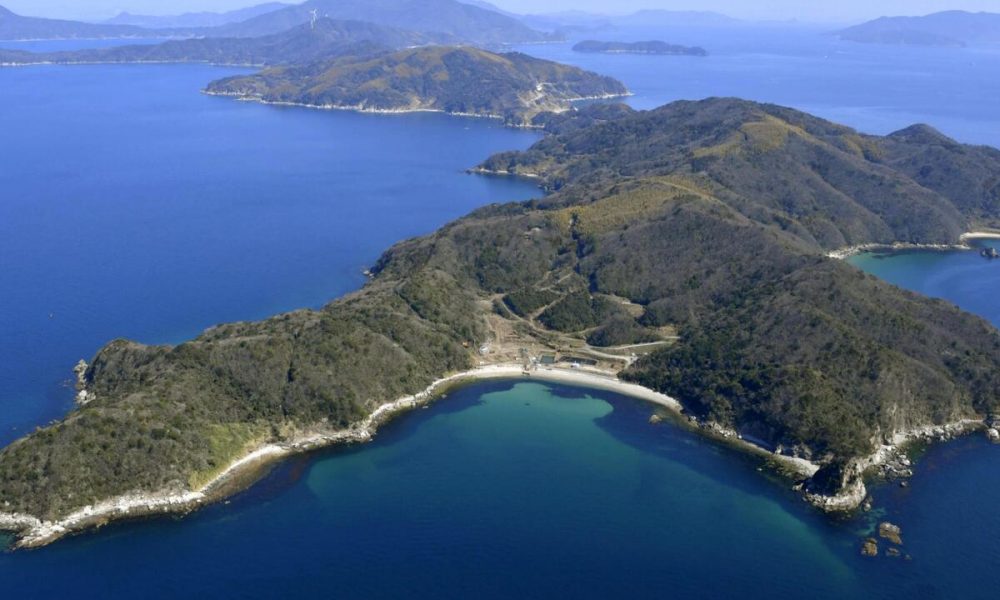
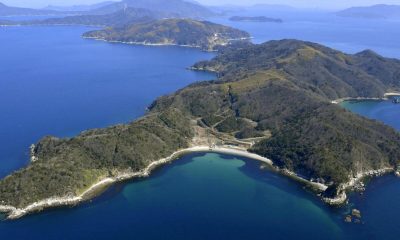

The amount of spent fuel generated at nuclear power plants continues to increase, but the completion of a reprocessing plant is far behind schedule.
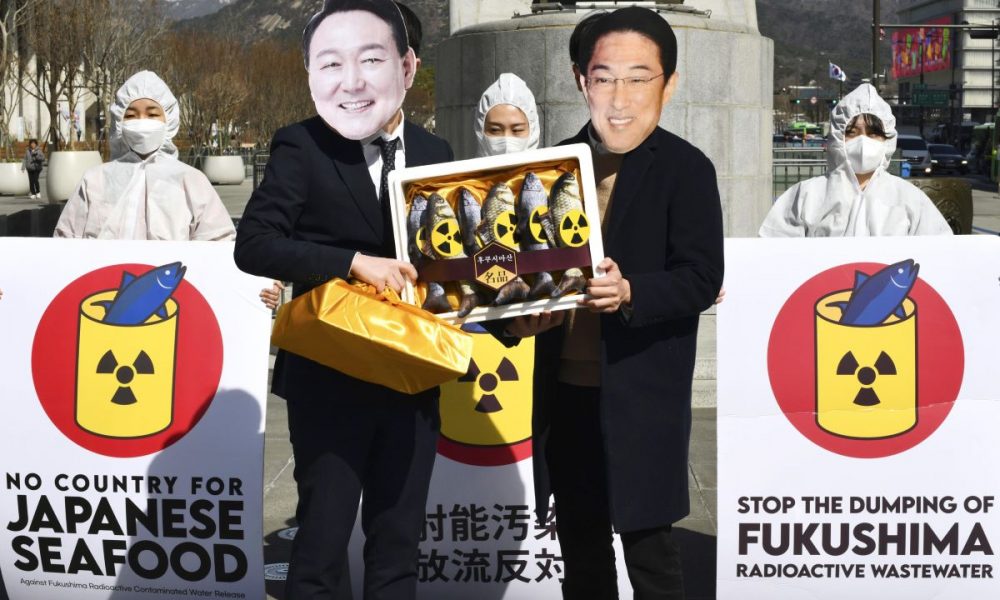
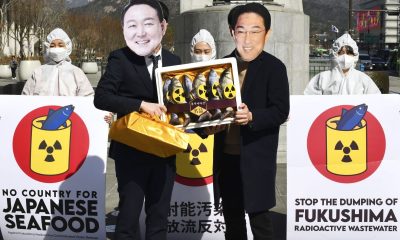

The treated water release from the Fukushima Daiichi plant is safe. But South Korea's opposition parties have been weaponizing the issue for political gain.
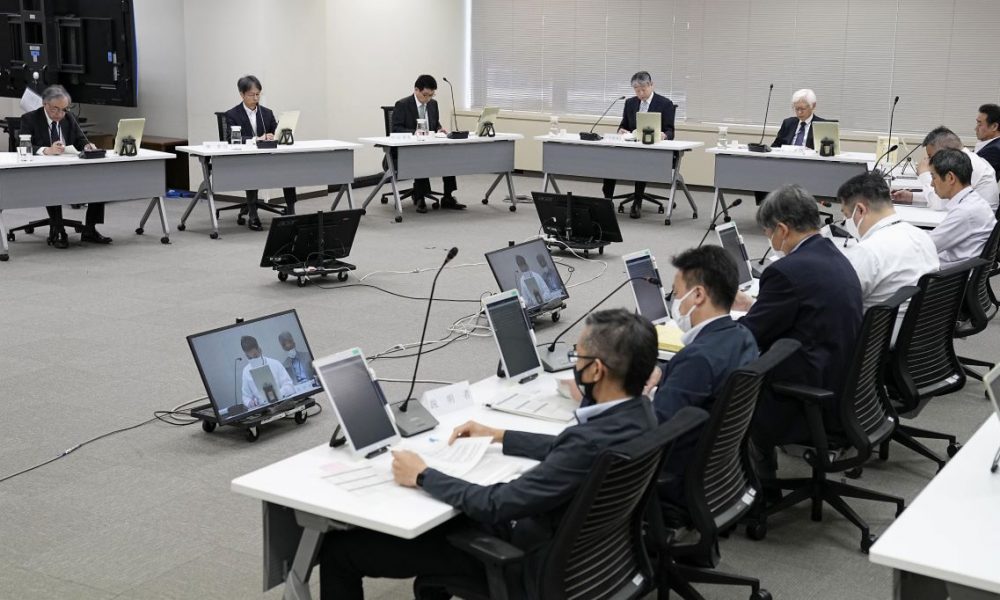
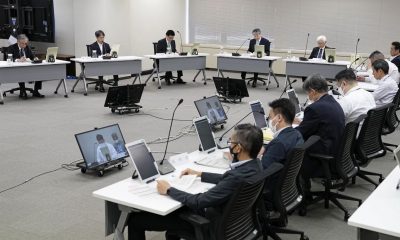

Poor guidance and draconian sanctions can lower morale at nuclear power plants. This, in turn, can have a negative impact on performance.
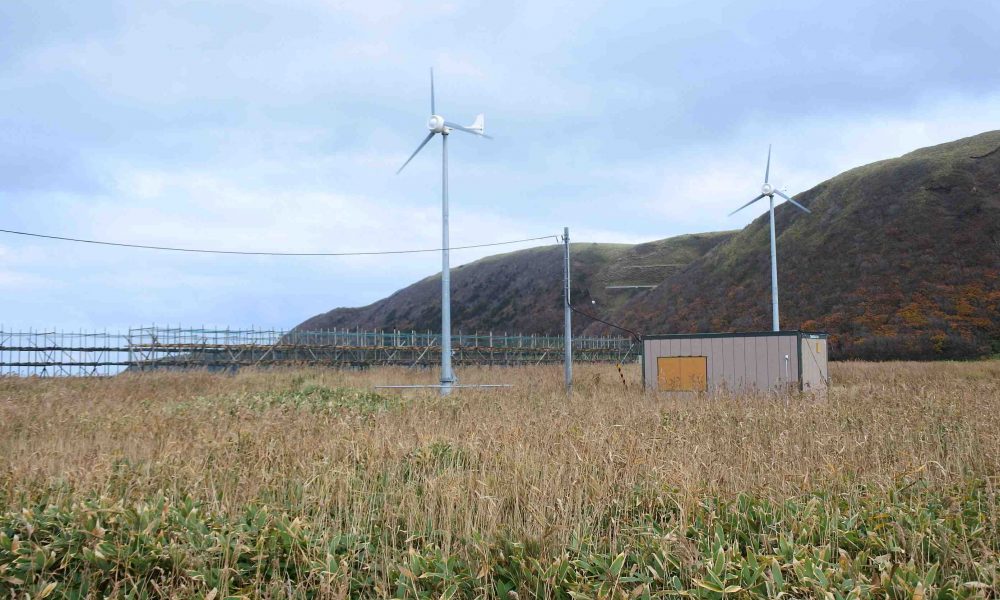
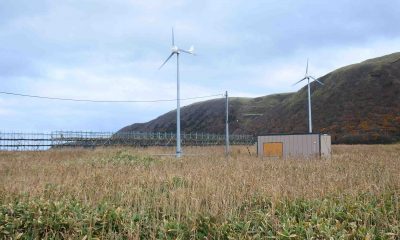

Allowing China to control key infrastructure is equivalent to conceding outposts for an "unarmed invasion" when relations get strained.
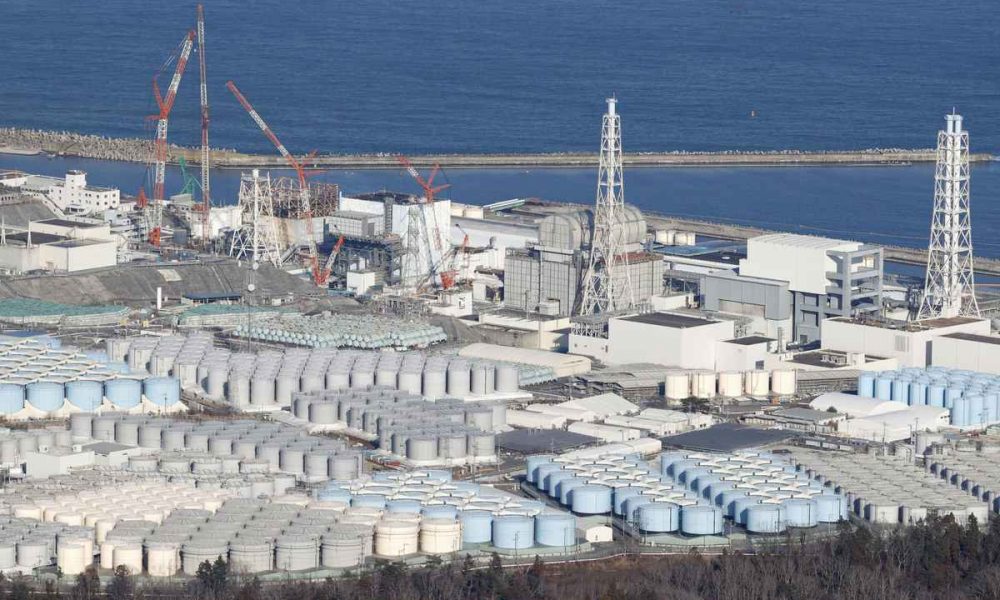
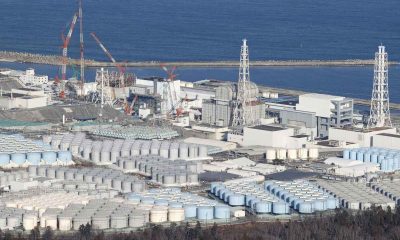

North Korean spies were ordered to spread false rumors about the Fukushima power plant’s treated water to "foment anti-Japanese" sentiment in South Korea.
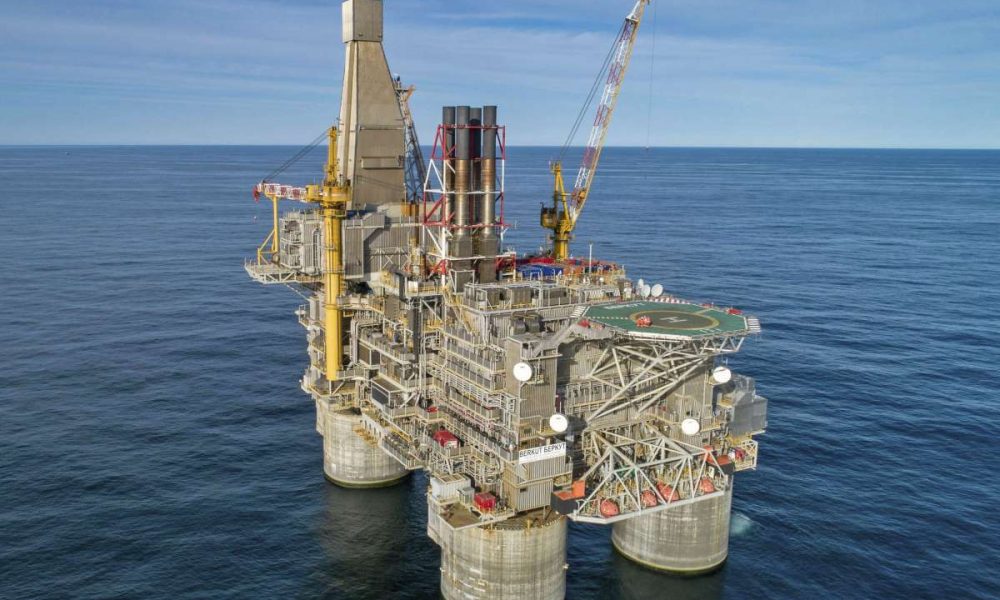


Japan's recent decision to buy Russian oil at above $60 a barrel, and India's continuing purchases, underline some of the hard truths about energy security.